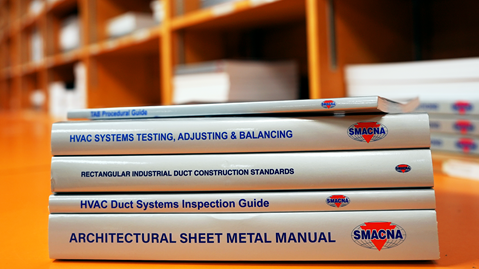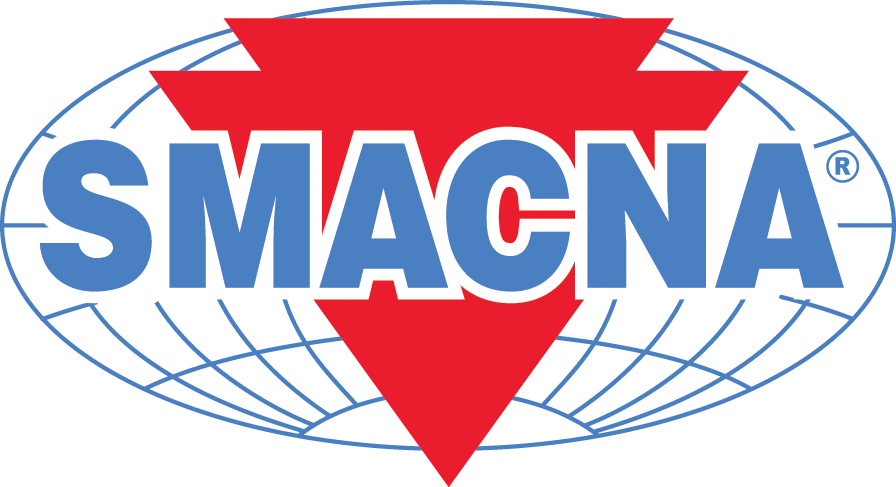Roomies - How Do You Split the Bills?
A group of sheet metal trust funds, pension, health & welfare, training etc. for a bargaining area are self-administered with much of the trust funds’ administrative operations combined for efficiency including collection of delinquent contributions.
A group of sheet metal trust funds, pension, health & welfare, training etc. for a bargaining area are self-administered with much of the trust funds’ administrative operations combined for efficiency including collection of delinquent contributions.
Employees of the trust funds are responsible for the administration of the funds. The Trust Funds rent space in an office building which it shares with and is owned by the local union. Sound familiar? On its face, such transactions would generally be prohibited transactions. (See our prior post on Prohibited Transactions for a refresher on transactions involving parties in interest and self-dealing which are not permitted under ERISA.)
But of course, these are very common occurrences and the cost saving which frequently arise from these arrangements make for a good reason why. The benefits of sharing costs are not lost on the Department of Labor (DOL). Soon after ERISA was enacted, the DOL issued class exemptions permitting related plans to share administrative services and office space (Prohibited Transaction Class Exemptions 76-1 and 77-10.) These class exemptions apply when a multiemployer plan obtains office space or services and share the space or services with a party-in-interest such as a related multiemployer plan. Under these class exemptions, trustees of related multiemployer plans can not only share services with each other but the trustees can approve the arrangement without committing a prohibited transaction.
The class exemptions also permit a plan to share administrative services and office space with an organization that is a party-in-interest (such as a union, an employer or an employer association). However, there is no exemption for self-dealing. Conflicted trustees must recuse themselves from decisions concerning any such transaction. That means if you are a trustee and you want to rent office space to the trust funds, you should not participate in the board of trustee deliberation and decision of whether to rent that space.
When related plans share services or office space, each plan should pay its own direct expenses. Shared expenses should be allocated among the plans based on how much time is spent on each function per fund. These time studies should be objective. Some plans go so far as to have trust fund employees track their time for each fund and base allocations on actual time recorded. Time spent on collection action may not be so easily broken on a per fund basis. The DOL, therefore, permits collection-related expenses to be allocated based on the contribution rate of each plan or other entity. The trustees of the plans, not the administrator, should review the time studies and allocations annually to determine whether they are still accurate.
If you share office space or administrative services with related funds, you can expect allocation of expenses to be an area of focus in your next DOL audit. In particular, the DOL is looking for allocations that are skewed to benefit smaller plans or organizations. Resist the temptation to give those small funds—an industry promotion fund, vacation fund or small defined contribution plan—a lower allocation of expenses than would be required based on time studies. If the DOL finds you’ve done this, chances are good that the plans that benefited from the lower allocation will be required to repay the other plans. Those repayments may go back as much as six years which for smaller plans that typically don’t carry as much in reserves could mean a hit to their balance sheets.
Pay attention to the details. Your cost sharing might be done accurately but if you forget to document the transaction appropriately, trouble awaits. After all, any arrangement with a plan for sharing administrative services or office space with a party-in-interest, such as the union, a contributing employer or a related plan, must be pursuant to written agreements and meet record keeping requirements.
So what about renting space from the union or even the employer’s association? A comparison to the rental market is important to establish the reasonableness of any agreed upon rent. A plan renting from a union or employer association would be permitted to pay its proportionate share of the actual costs but no more than the plan would pay if it rented from a third party in the area. The class exemption requires that the “costs of securing such space, services and goods are assessed and paid on a pro-rata basis with respect to each party’s use of such space, services and goods.”
Trustees should not construe these resources as legal advice and are urged to consult with their own fund counsel to determine whether any action is permissible or advisable.
CONTENT REVIEWED:

Technical Standards
Shop the SMACNA bookstore for all technical standards, including the most recent editions and recently revised manuals.
Shop Now